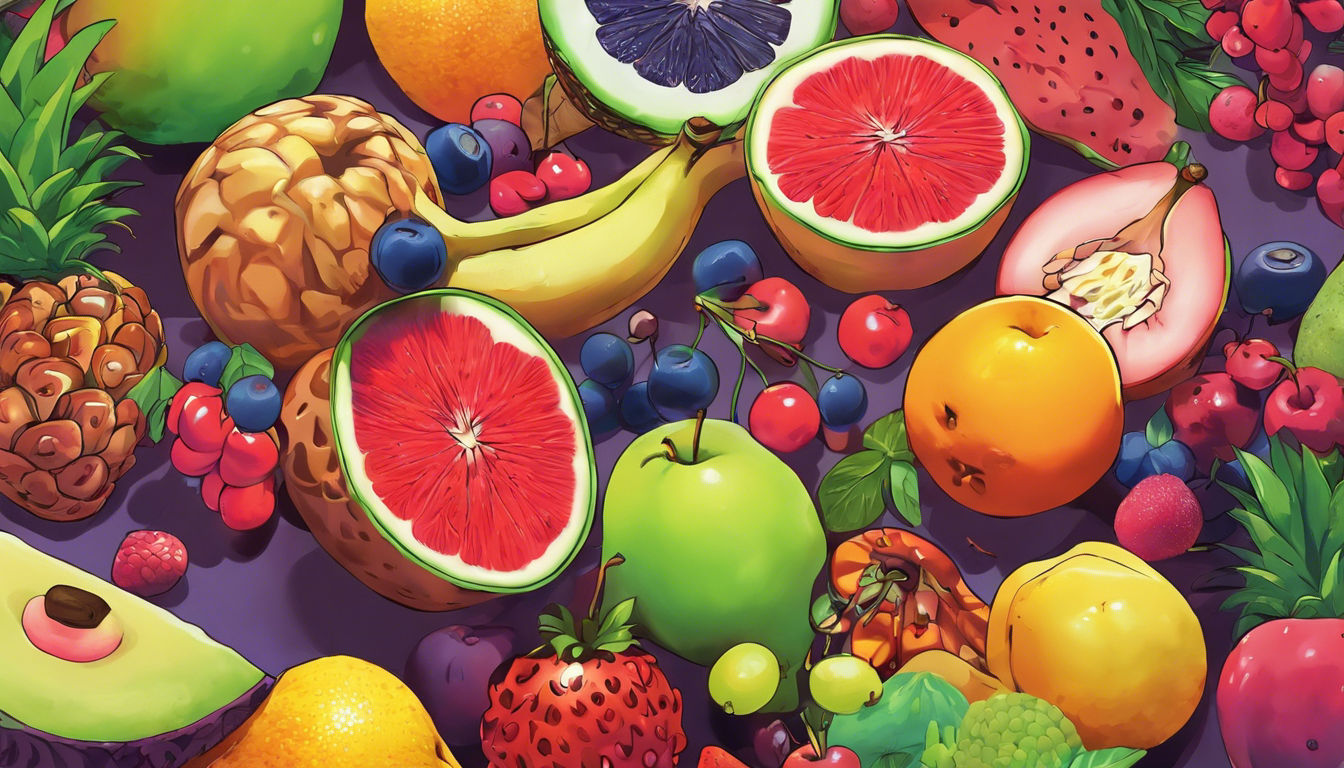
Many people following the ketogenic diet often have misconceptions regarding what foods are allowed and what foods are off-limits. One common myth is that fruits are not allowed on a keto diet due to their high sugar content. However, this is not entirely true. While it is true that most fruits contain natural sugars, there are still plenty of fruits that can be enjoyed on a ketogenic diet.
The Basics of the Ketogenic Diet
Before we dive into the topic of fruits, let’s quickly understand what exactly the ketogenic diet entails. The ketogenic diet is a low-carb, high-fat diet that aims to put your body in a state of ketosis. Ketosis is a metabolic state where your body begins to burn fat for fuel instead of carbohydrates. By severely restricting your carbohydrate intake and increasing your fat intake, your body switches from using glucose as its primary source of energy to using ketones.
Debunking the Fruit Myth
The misconception that fruits are off-limits on a ketogenic diet stems from the fact that most fruits do contain sugars, which are carbohydrates. However, it is important to differentiate between natural sugars found in whole fruits and added sugars found in processed foods. While added sugars should be avoided while following a ketogenic diet, natural sugars in fruits can still be enjoyed in moderation.
It is true that some fruits, like bananas and grapes, are relatively high in carbohydrates and may not be suitable for those following a strict ketogenic diet. However, there are many low-carb fruits that can be incorporated into a keto meal plan.
Low-Carb Fruits for Keto
1. Berries: Berries such as strawberries, raspberries, and blackberries are excellent choices for a ketogenic diet. They are low in net carbs and high in fiber, making them a great option for satisfying your sweet tooth without derailing your ketosis.
2. Avocados: While technically a fruit, avocados are extremely low in carbohydrates and high in healthy fats. They are also packed with essential nutrients such as potassium and vitamin K.
3. Tomatoes: Yes, tomatoes are considered a fruit. They are relatively low in carbs and can be enjoyed in various dishes, adding flavor and nutritional value to your meals.
4. Lemons and Limes: These citrus fruits are very low in carbs and can be used to enhance the flavor of your dishes and beverages without affecting your ketosis.
Incorporating Fruits into a Ketogenic Diet
While fruits can be included in a keto diet, it’s important to be mindful of portion sizes and the overall carbohydrate content of your meals. It’s best to track your carbohydrate intake and adjust accordingly to ensure you stay within your desired range. Pairing fruits with healthy fats like nuts, seeds, or full-fat dairy products can also help slow down the absorption of sugars and prevent blood sugar spikes.
In conclusion, the idea that fruits are completely off-limits on a ketogenic diet is a common misconception. While certain fruits should be limited due to their higher carbohydrate content, there are still plenty of low-carb options that can be enjoyed while following a ketogenic diet. By understanding the nutritional composition of fruits and incorporating them wisely into your meal plan, you can have a balanced and varied diet while staying in ketosis.